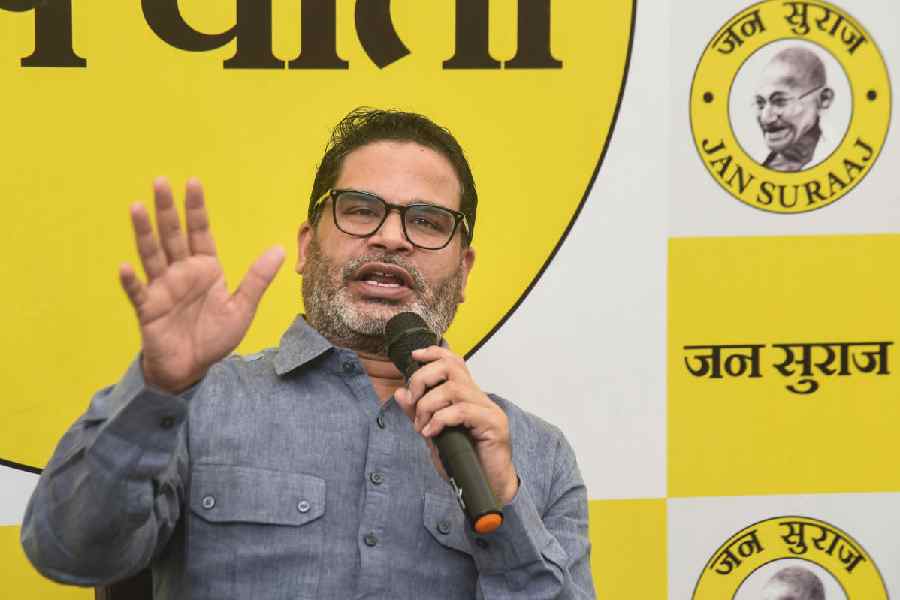What to do about a social media platform that appears unwilling to comply with authorities in fighting harmful content? That question is at the heart of a debate sparked by the arrest and investigation of Telegram CEO Pavel Durov in France.
"It's about what European Union member states and the EU — or other democratic countries — do with platforms that don't play by the rules and refuse to provide information to the authorities," Julian Jaursch, an expert on platform regulation at the Berlin-based think tank interface, told DW.
Durov was detained on August 24 at Paris's Le Bourget airport after arriving on his private jet from Azerbaijan.
After more than 80 hours in police custody, he was released and formally placed under investigation for allowing harmful content to spread on his network.
Since his arrest, Durov's supporters, including multi-billionaire Elon Musk, have come forward to condemn the French authorities' actions as censorship. French authorities have denied these accusations, with French President Emmanuel Macron writing on X that the arrest was "in no way a political decision."
But digital rights advocates told DW they find the French authorities' actions troubling, warning that the case could set a precedent for countries to force social networks to comply with overly broad or even unlawful requests.
"It could also lead other social media and communication platforms to adopt stricter content moderation measures that could lead to censorship," Natalia Krapiva, senior tech-legal counsel at digital rights group Access Now, told DW.
"This would hurt all users, but especially civil society like activists and independent media who are operating in already repressive environments."
Pro-democracy tool — and criminal haven
Telegram, more than any other major social network, is known for its hands-off approach to content moderation. This has made it a key tool for pro-democracy activists from Iran to Hong Kong to organize their efforts.
Telegram has also become a safe haven for extremists and conspiracy theorists, as well as a tool for cybercriminals.
French authorities began investigating Telegram after the company ignored the vast majority of requests from its national law enforcement to cooperate in prosecuting crimes committed using Telegram, the Paris prosecutor's office explained in a press statement.
When French authorities released Durov from custody, they announced that he was being investigated for a litany of crimes. These include alleged complicity in running an online platform that facilitates illegal transactions, spreading material depicting sexual violence against children, enhancing drug trafficking, fraud, and providing an encrypted messaging service without a license.
In response, one of Durov's lawyers told journalists that it was "totally absurd to think that the head of a social network could be involved in criminal acts that do not concern him, either directly or indirectly."
Next steps in France and the EU
In the French judicial system, a formal investigation is a prerequisite for a case to go to court, but it does not guarantee that a trial will take place. If the authorities determine that there is insufficient evidence, the case can be dismissed before trial.
For the time being, Durov is not allowed to leave the country. He must report to the police twice a week, according to the prosecutor's statement.
As the investigation in France gathers momentum, attention is also turning to the EU, which is leading efforts to regulate online platforms across the 27-country bloc.
In late 2022, the EU passed the Digital Services Act (DSA), a sweeping regulatory framework designed to hold social media companies accountable for what happens on their platforms.
Jan Penfrat, a senior policy advisor at the Brussels-based digital rights organization EDRi, stressed the need for the EU to enforce the DSA and address Telegram's role.
"With all eyes on Telegram and the situation in France, EU authorities need to act now," Penfrat told DW. "Otherwise, people will start to see the DSA as a paper tiger."
A key question revolves around the number of people using Telegram in the EU. Under the DSA, platforms with more than 45 million active users are considered "very large platforms" and must comply with stricter regulations. In February, Telegram reported that it had 41 million users in the EU.
The EU is now investigating whether Telegram provided inaccurate user numbers. If authorities find that the company has understated its presence, Telegram could face a range of measures and penalties.
"The DSA is new and many of its tools have not yet been tested, but it includes several measures to force Telegram to better cooperate with the authorities," Penfrat told DW. "Telegram would put the DSA to one of its first major tests."











